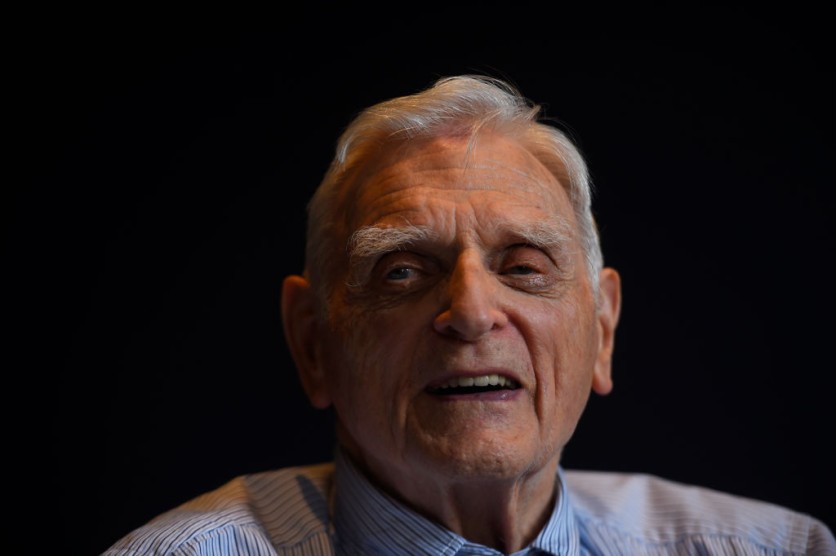Dr. John B. Goodenough passed away on Sunday at an assisted living facility in Texas. He became a Nobel Prize winner in Chemistry in 2019 for his crucial role in developing revolutionary lithium-ion batteries.

Goodenough Passes Away at 100
One of the most influential scientists in technology has died. According to a report from The Verge, 2019 Nobel Prize Winner for Chemistry John B. Goodenough passed away at the age of 100. He was known for developing the revolutionary lithium-ion batteries, which come as the rechargeable power pack in today's wireless devices and electric vehicles.
Dr. Goodenough's contribution is regarded as the crucial link in its development. The technology did not flourish much not until Dr. Akira Yoshina scrapped raw lithium in favor of safer lithium ions, producing a practical design for Asahi Kasaei Corporation. This was followed by Sony delivering the first consumer-friendly rechargeable lithium-ion battery in 1991.
Despite achieving his laboratory breakthrough in 1980, where he created a battery that has now populated smartphones, laptops, and tablet computers, Dr. Goodenough's work was exploited by the commercial titans, making him relatively unknown beyond scientific and academic circles. He did not care little for money and fame as he signed away most of his rights.
He did not receive any royalties for his work on the battery, but only his salary for six decades as a scientist and professor at the Massachusetts Institute of Technology, Oxford, and the University of Texas. Engadget reported that Dr. Gooenough also shared patents with his colleagues and donated stipends that came with his awards from his research and scholarships.
Aside from the mentioned above, Dr. Goodenough was responsible for much more. He was among the pioneers to help the technology that would eventually become the random access memory (RAM) in computing products during his stint at MIT in the '50s to '60s. He was also an active researcher into his '90s.
Winning the 2019 Nobel Prize in Chemistry
In 2019, The New York Times reported that Dr. Gooenough became the oldest winner in history, receiving the Nobel Prize in Chemistry when the Royal Swedish Academy of Sciences that he would share the $900,000 award with Binghamton University Professor M. Stanley Whittingham and Asahi Kasei Corporation Honorary Fellow Akira Yoshino.
During this time, he was still active in research at the University of Texas.
Also Read : Lithium Ion Batteries of the Future Could FULLY CHARGE in 5 Minutes, According to Research
While industries are slowly developing and moving away from lithium-ion batteries, we cannot deny the fact that modern technology would not be what it is without the efforts of Dr. Goodenoough especially since this became part of electric vehicles before transitioning to solid-state batteries.
His legacy will be remembered and will likely be felt in the upcoming years.
Related Article : Alternative Lithium-Ion Batteries for Industrial Robots to Go Into Mass Production in Japan


![Apple Watch Series 10 [GPS 42mm]](https://d.techtimes.com/en/full/453899/apple-watch-series-10-gps-42mm.jpg?w=184&h=103&f=9fb3c2ea2db928c663d1d2eadbcb3e52)


